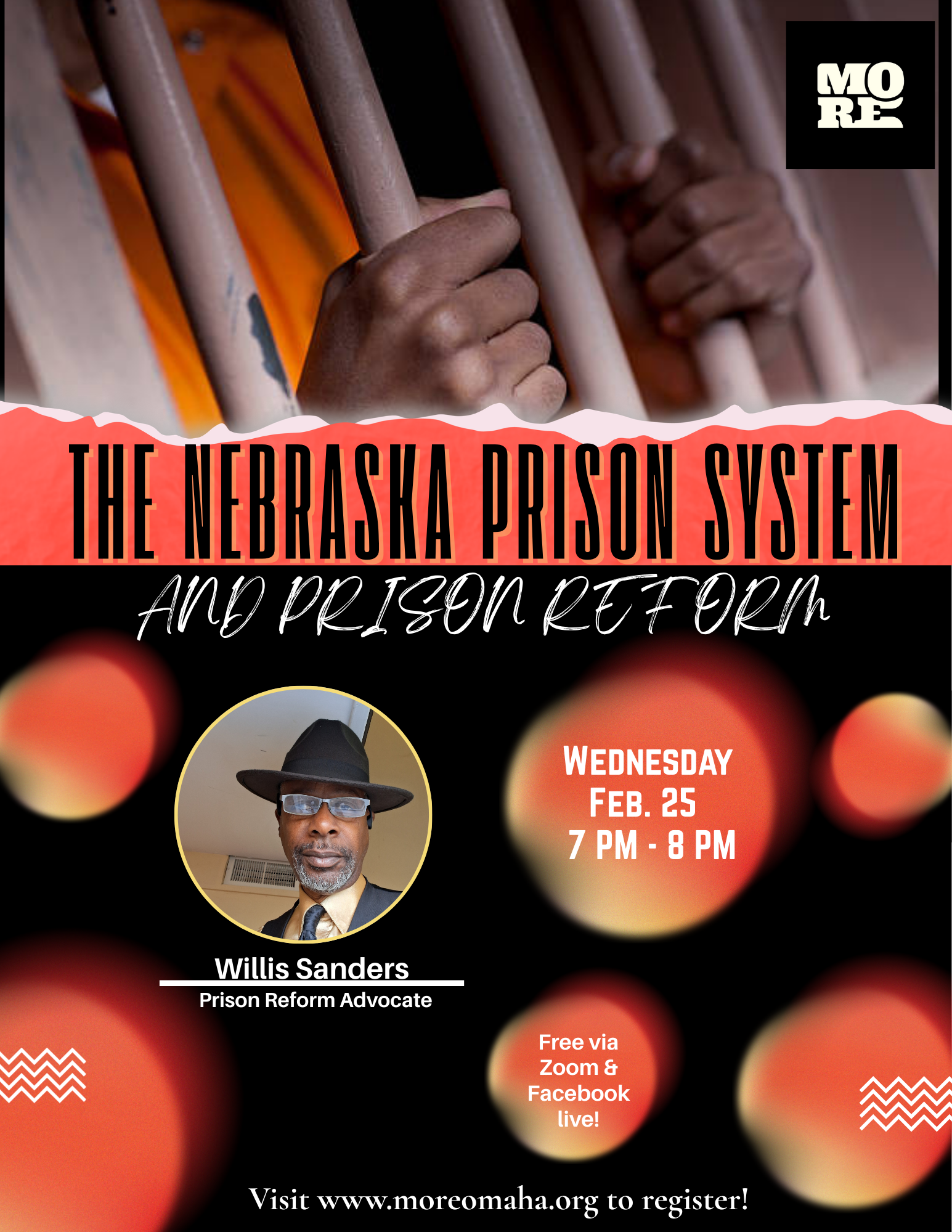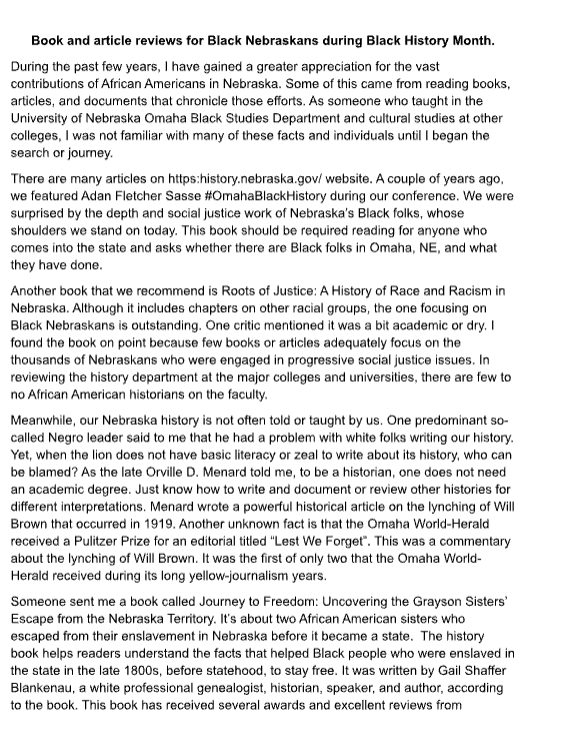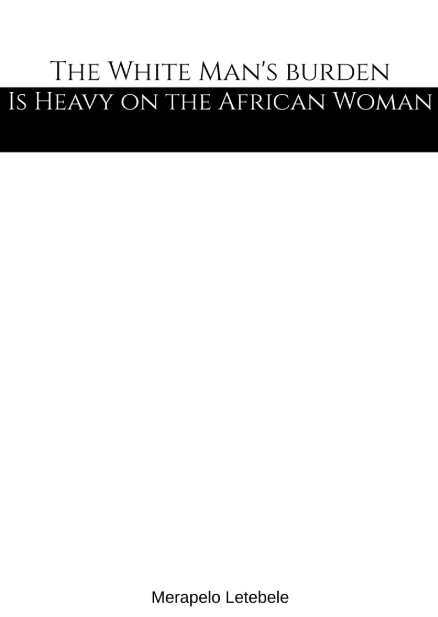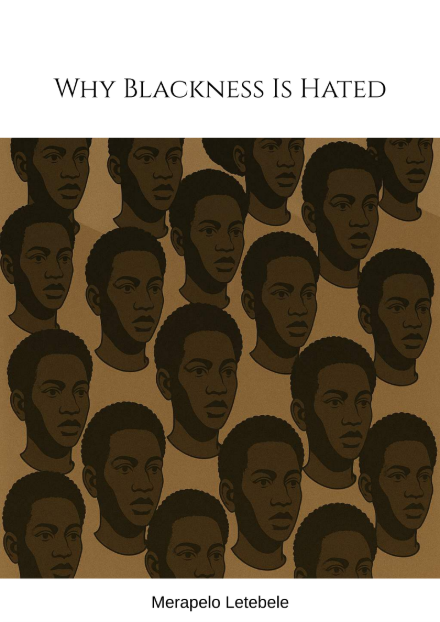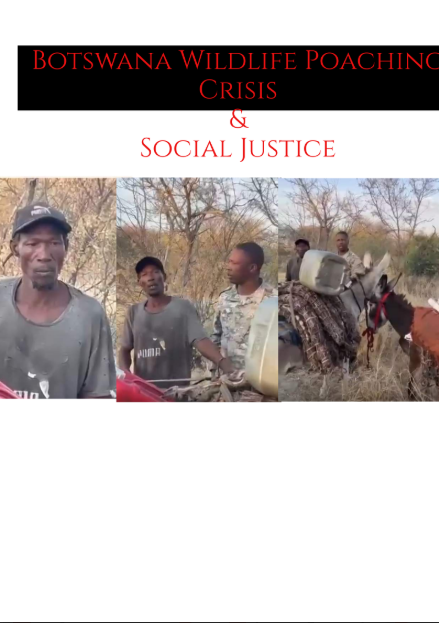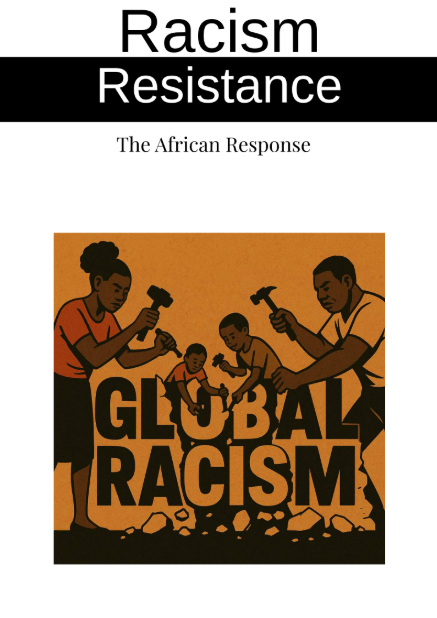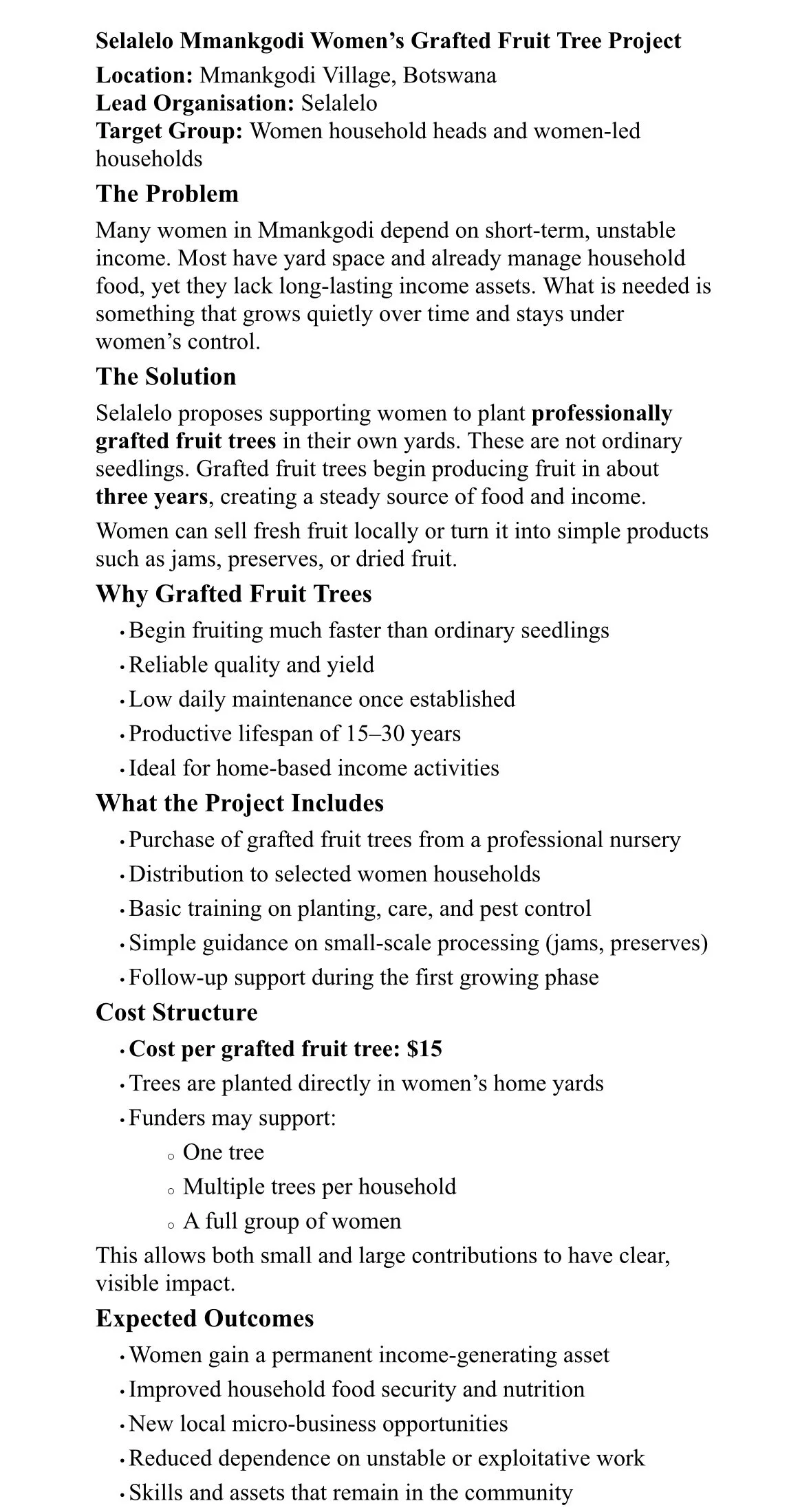Willis Sanders has been in the Nebraska Prison system and has been attempting to
reform the Department of Corrections by participating in self-help groups. We met many
years ago when I was a staff member at Catholic Charities and working to help Family
and Friends of Inmates, a community group devoted to helping families and friends
address challenges in the Nebraska prison industry complex. Willis has testified before
the Nebraska Unicameral about his experience dealing with the draconian system.
Willis is working on several projects, and will expose or share those anomalies during
this interview.
Some years ago, Willie Hamilton and Preston Love Jr. helped secure the previous
Director of Corrections& Scott Frakes attendance at a community forum in North
Omaha, where he spoke about the policies and reforms he was pursuing during his
tenure. To my knowledge, this was the first and only time during Frakes’s lackluster
career in Nebraska that he appeared in North Omaha with a community group that was
not handpicked.
Nevertheless, African Americans make up about five or six percent of the state
population, yet they make up over 28 percent of the inmates in the Department of
Corrections. What gives. We know that there are a few African American guards or
other guards of Color within that system. Historically, there have been few African
Americans in leadership roles across correctional departments. The Parole Board is
ineffective and needs better oversight and common-sense training, as evidenced by its
low caseload and leadership.
We will talk about what can be done to enact real reforms to reduce recidivism and,
most of all, to involve prison advocates so that it does not resemble an apartheid
system like other public systems in Nebraska. Omaha Plantation Schools is part of the
school-to-prison pipeline nationwide, and the data reflect this anomaly.
During the past few years, there has been a slow creep toward fascism. There
are historical and current examples that are mirrored in Masha Gessen's book
The Future Is History: How Totalitarianism Reclaimed Russia. This book was the
winner of the 2017 National Book Award in Nonfiction. It was also a finalist for the
National Book Critics Circle Awards and the winner of the New York Public
Library’s Helen Bernstein Book Award. In a recent January 2026 community
meeting in Lincoln, NE, the word fascism came up several times as descriptive of
what is occurring in this country.
Karen Abrams and A’Jamal Byndon will discuss the book's highlights and its
implications for current issues. A’Jamal has hosted and conducted many book
discussions and will offer examples of how to focus on content, analysis, and key
points in the book. Karen, who is also aware of the creeping fascism, will offer
her insight and what we can do to challenge those behaviors and systems that
want to dance on the fascism table. We invite participants to obtain a copy of the
book or listen to an audiobook so they can point to specific pages or chapters for
their analysis.
Our goal is to increase community members’ social justice engagement through
reading, so that they are not passive recipients of chatter and fat-mouthing that
leads to non-action.
This event will be held via Zoom/Facebook Live on Wednesday, March 18, from 7
p.m. to 8: p.m. Please register via our website.
Book & Article Reviews for Black Nebraskans during Black History Month
Dr. Donna Polk talks about her book, and challenges she faced doing social justice work in Nebraska
This is an interview about the book Black Women and Men in Nebraska and related topics concerning People of Color in Nebraska. Dr. Polk has a long career of helping Nebraskans. The needs of Native Americans were addressed, and one of her final accomplishments was the establishment of the Nebraska Urban Indian Health Coalition, where she was instrumental in building a new facility in South Omaha, following her excellent work in Lincoln. These programs also highlight the need for older generations of Color to support the transformation and transfer of power of wisdom to many of the younger generation, and particularly those who did not have grandmothers and fathers to share their knowledge and skills.
Root of Justice: A Discussion on A History of Race and Racism in Nebraska
Dr. Major Dewayne Mays, the President of the NAACP, discusses the book and their efforts with the Truth and Reconciliation Project, which led to the writing of a book focusing on Nebraskans of Color. A'Jamal raises some questions about the lack, including racial. diversity within these white supremacist educational institutions and the failure to teach or promote the contributions of African Americans in Nebraska. The Nebraska Department of Education has eliminated all references to racial issues on its webpage and, historically, has not helped schools statewide address cultural and racial equity across districts. We attempt to generate. and help other bystanders to get on the cultural bandwagon of appreciating the history and realities of other groups. This interview can help others to see that the racist public-funded media have done a poor job of helping with racial issues in Nebraska.
Paul Feilmann talks about dealing with Racist ICE agents in Minneapolis, Minnesota and Nebraska.
This program provides an overview of what many folks should be aware of in dealing with the fascist ICE agents who are breaking the law by invading the homes and communities of innocent folks without proper search warrants. Paul has direct experience in dealing with social justice issues. He understands the underlying conditions that create conditions that keep too many low-income and People of Color in their caste-like conditions. A'Jamal raises challenging questions that the cowardly media and its apartheid mentality refuse to consider because too many are afraid of losing advertising dollars. This show is on the cutting edge of exposing the institutions' corruption in how good law enforcement, which we don't have, is affected by the number of low-income and People of Color who are railroaded into the department of corrections. Paul explains why public policies are needed by many more to transform the backward nature of this racist state.
The White Man’s Burden is Heavy on The African Woman
Why Blackness is Hated
Botswana Wildlife Poaching Crisis and Social Justice
Racism Resistance
The Robert M. Spire Founders Service Award serves as the ACLU of Nebraska’s lifetime achievement award.
This year, we are proud to be honoring A’Jamal-Rashad Byndon, for decades of service, mentorship, and unwavering commitment to equity and justice in Nebraska. Born in Hastings and raised in a family of 14, A'Jamal is a lifelong advocate for People of Color and low-income families. He is one of the founding members of Omaha Table Talk, an organization that, at its height, brought over 600 residents in Metro Omaha together for dinners at various homes and community sites. He has taught multicultural and Black Studies classes at the University of Nebraska and Metro Community College, started the first diversity course at Nebraska Methodist College in Omaha, and even developed the first academic poverty class at the UNO Honor program and taught it three times before it was discontinued. He was also one of the first African Americans to serve on the board of the Latino Center of the Midlands, then known as the Chicano Awareness Center, over 30 years ago. He is currently serving as the chairman of the Board of the Movement in Omaha for Racial Equity, and continues to provide staunch advocacy for system accountability, transparency and equitable use of resources, especially through his work to ensure access to legal services in under-resourced communities in North and South Omaha, as well as across the state to ultimately end Nebraska’s “legal deserts”
A’Jamal served two years in the Peace Corps in the Republic of Botswana after graduating from UNL, was the Public Policy Senior Director at Catholic Charities for 25 years, and currently has 4 adult children with college degrees!
The ACLU of Nebraska is happy to honor A’Jamal’s lifetime of service with this award!
Selalelo Mmankgodi Women’s Grafted Fruit Tree Project
MORE STATEMENT OF PURPOSE
We are working on a report on the effectiveness of these civil rights organizations, such as the city’s Omaha Human Rights and Relations Department, in addressing their mission. It’s come to our attention that they have little to no empirical data on the success of addressing racism, and historical discrimination and, most of all, engaging communities of Color with the transformation of the problems into reasonable solutions. When a public fund organization does work have little or any social capital with oppressed African Americans and other People of Color, it is time to ask for change. What good are third-string quarterbacks who can’t play in the Superbowl of anti-racism? Can we point to one success story and whom they helped in the valley of the struggle that can offer testimonials to outcomes?
Got any questions regarding anti-racism, race equity, or community advocacy but have never seemed to be able to get any answers? Or incidents handled by Nebraska Equal Opportunity Commission , Nebraska Urban League, or any government funded organizations. -
Text or Email A’Jamal at 402-212-7083 or email moreinfo@moreomaha.org
Mail + Donations via Check
For all mail, or donations via check please mail to:
2016 Fowler Ave
Omaha, NE 68110
402-212-7083
EIN: 27-0666026

